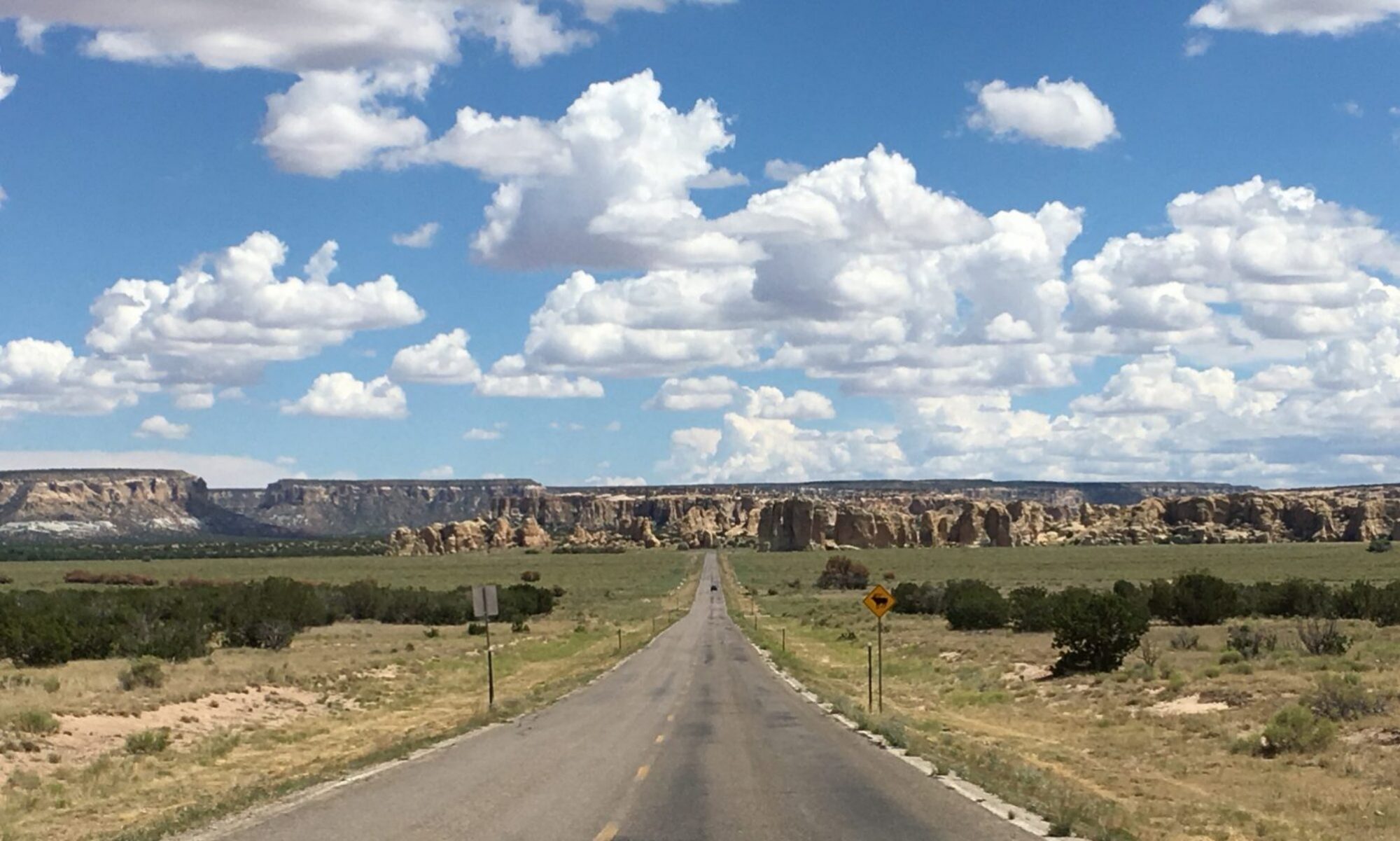CUSO English Doctoral School Workshop June 5-7, 2024
Altered States of Consciousness and Literature Doctoral Workshop
With the support of the English Department (UNIL),
and CUSO English Doctoral School
Date: June 5-7, 2024. Venue: Crêt-Bérard, Vaud
The subject of this conference and doctoral school workshop is the relationship between literature and the cognitive conditions known as “altered states of consciousness” with a special focus on medieval literature and American counterculture (19th and 20th century).
While we currently tend to associate literacy with rationalization and modernity, and we oppose the cognitive pleasures of reading to the visceral experiences of visual culture, this doctoral school would like to focus on the other face of the writer: that of the poet as visionary and as explorer and mediator between other worlds and our own. In some cases, the author conducts experiments upon him- or herself in order to acquire knowledge that is inaccessible by other means. In the medieval period, sleep deprivation, fasting, controlled breathing and other psychological or biological means provided access to esoteric dimensions that the writer-subject decoded according to a certain cognitive grid and cultural context which helped in making meaning of the experience. Other medieval and modern means of gaining access to this dimension may be unsolicited, for instance as a result of physical and/or mental disorder. In yet other cases, the writer figures him or herself as either victim or passive receiver of knowledge that he or she has not sought out and for which writing serves as a purgation or relief. In the most interesting examples, the subject seeks out non-ordinary states of consciousness for exploratory or/or spiritual purposes.
After the Middle Ages, literature once more assumed an unprecedented intimacy and connection with altered states of consciousness during Romanticism, which excelled in the literary transcription and celebration of non-rational subjective states. Not only did the Romantics link creativity to notions of inspiration, enthusiasm, rapture and drunkenness, they established the enduring perception that altered states are inherently aesthetic insofar as they are defamiliarizing and constitute a form of mental play. American literature offers many examples, including entire artistic movements (inherently countercultural) characterized by an interest in linking writing with alternative forms of knowing and consciousness, e.g. Transcendentalism, the Gothic, the Beats and the psychedelic revolution in the 1960s.
Currently, there is a ‘second psychedelic revolution’ underway in psychiatric research and more generally in Western culture, as previously controlled substances are being decriminalized and the therapeutic and personal growth potential of medicines like MDMA, psilocybin, DMT-5MEO and LSD are becoming better known. Psychiatric pioneer Stanislaf Grof has called for a radical rethinking of psychiatry to include non-ordinary states of consciousness in our understanding of consciousness and the human psyche. Dr. Ansgar Rougement will also address these issues in his analysis of what ails us as a society now, especially in our denial and destruction of nature. The workshop will reflect on the possible impact of these developments on contemporary culture and literature?
This conference and doctoral school event will feature three invited speakers and three workshops (two for doctoral students only). Our speakers include Juliana Dresvina (Cultural Historian at the Centre for Medieval and Renaissance Studies, University of Oxford), Hermann Herlinghaus (Professor of Modern Literature and Latin American Studies, University of Freiburg-in-Breisgau) and also a local practitioner of psychedelic-assisted therapy, Dr. Ansgar Rougement. Finally, we may also possibly invite an artist or musician to speak and perform, and a film screening will be planned for one of the evenings.
PhD students from CUSO universities (Lausanne, Geneva, Neuchâtel, Fribourg, Bern) will have travel reimbursed and free meals and lodging at Crêt-Bérard.
Organizers:
Agnieszka Soltysik Monnet, Professor of American Literature
Denis Renevey, Professor of Medieval Literature
Juliette Vuille, MER in Medieval Literature
Public lectures:
June 6: Hermann Herlinghaus: “On the Humorous Phenomenology of ‘Rausch’/Consciousness Alteration in Walter Benjamin’s Short Stories ‘Myslowice – Braunschweig – Marseilles’ and ‘Hashish in Marseilles'”.
June 5: Juliana Dresvina: “Literary Alterity: three ways”, (moving from psychology to mysticism to fantasy)
June 5: Ansgar Rougement, “The vampirocene – or the crises of consciousness of our epoch”
For more info or to sign up if you are a doctoral student:
https://english.cuso.ch/?id=897&tx_displaycontroller[showUid]=7417
